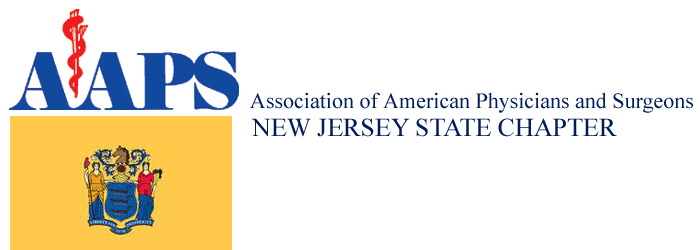POLST stands for "Physician Orders for Life-Sustaining Treatment." It is a next-generation replacement for an Advanced Directive and DNR ("Do Not Resuscitate") order.
Advanced planning documents sometimes turn out to be less than useful, especially in urgent care settings, and many patients receive more aggressive care than they might want because universal, transferable physician orders are unavailable or, simply, not applicable because a patient is in a different care setting.
The POLST form is a standardized form designed to convert wishes for life-sustaining treatments into medical orders.
READ Entire article at
http://www.medpagetoday.com/Columns/And-Now-a-Word/22528
 Sunday, March 27, 2011 at 08:50PM
Sunday, March 27, 2011 at 08:50PM  admin |
admin |  Post a Comment |
Post a Comment | 




